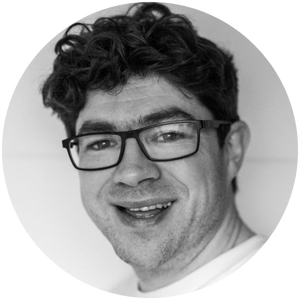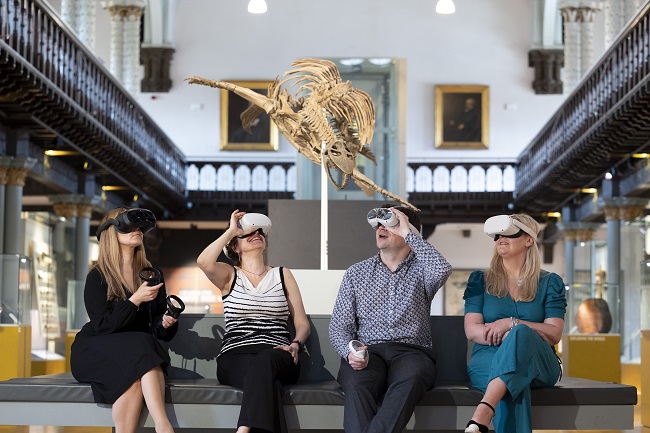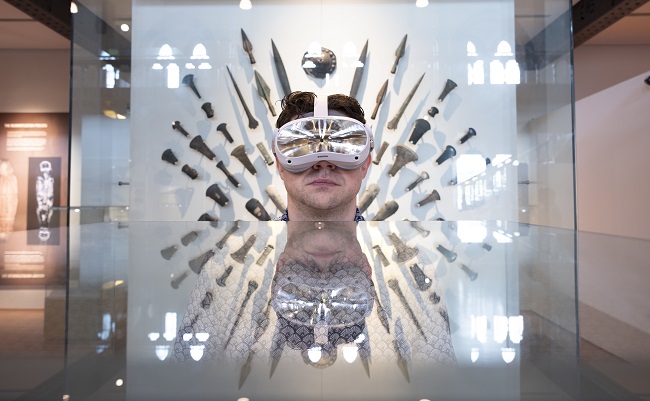Museums in the Metaverse:
Expanding Access to Cultural Heritage
The University of Glasgow is at the forefront of a pioneering project that leverages the metaverse to revolutionise the museum experience, transcending the physical and geographical limitations of traditional museums. Often, less than 10% of museum collections are on display, with audience reach constrained by cost, distance, and accessibility.
The Museums in the Metaverse project, led by the University of Glasgow, seeks to address these challenges through a dual-sided platform. On one side, it offers visitors access to a vast array of virtual museums, sites, objects and immersive experiences. On the other, it empowers virtual curators — both experts and enthusiasts — to craft engaging narratives by connecting previously unlinked objects and venues, thereby reimagining the way history and culture are explored and shared.
With Glasgow’s rich heritage in shipbuilding, fabrication, and ultrasound, the city is uniquely positioned to embrace these transformative innovations and shape a prosperous future.
This initiative seeks to unlock the full potential of virtual museum experiences, extending access to collections for individuals who cannot physically visit due to various personal, political, or economic reasons. Additionally, it enables the creation of exhibitions that cannot exist in the physical realm. The result is greater, more diverse, and engaging access to cultural heritage for audiences.
For collections and the cultural heritage sector, the project promises an expanded and diversified audience, ultimately leading to new and viable revenue streams. By fostering innovative collaborations, the Museums in the Metaverse initiative positions Glasgow as a leader in the digital transformation of cultural heritage.

Professor Neil McDonnell, Project Lead“Virtual Reality Museums offer transformative extensions to the traditional museum experience: they can host collections of any size, show distant objects side-by-side, and be accessed from anywhere in the world. Their potential is extraordinary.”


Last Updated: Sept 2024
If you would like to reach out to discuss anything from the above case study, please get in touch. Let us know if you would like to discuss contributing to the case studies we currently profile.